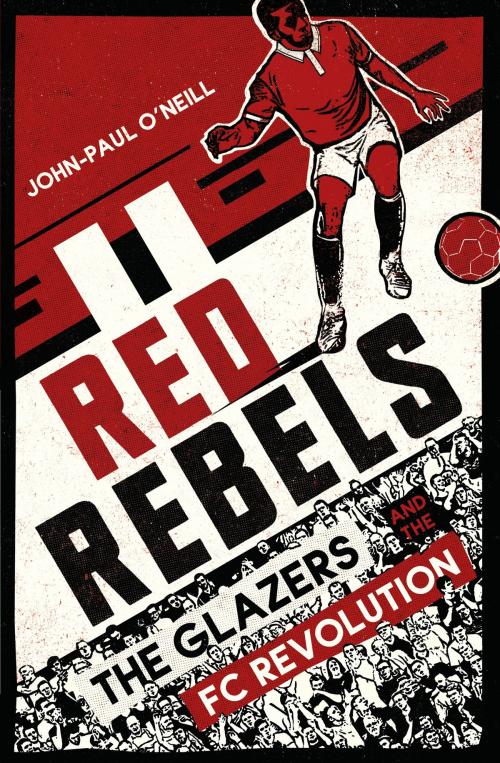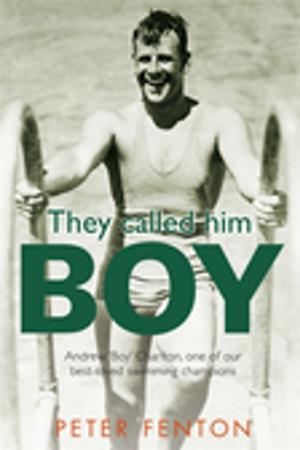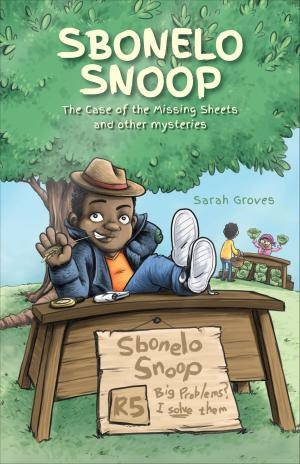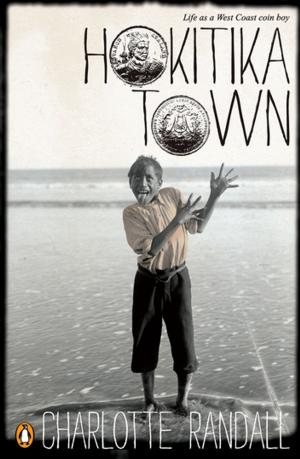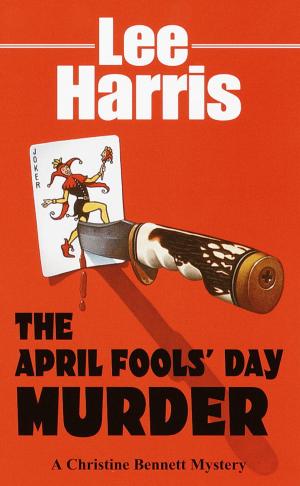| Author: | John-Paul O’Neill | ISBN: | 9781473549265 |
| Publisher: | Random House | Publication: | September 21, 2017 |
| Imprint: | Vintage Digital | Language: | English |
| Author: | John-Paul O’Neill |
| ISBN: | 9781473549265 |
| Publisher: | Random House |
| Publication: | September 21, 2017 |
| Imprint: | Vintage Digital |
| Language: | English |
In 2004, Manchester United could proclaim itself the richest football club in the world, and boasted global commercial appeal alongside more than a decade of success on the pitch. In early 2005, American businessman Malcolm Glazer targeted a leveraged takeover of the club, and it looked set to be plunged into record levels of debt. The fans were furious. If the deal went wrong, it would threaten United's very existence, whilst the Glazers would be able to walk away without it having cost them a cent. Protests in the stands fell on deaf ears – it became increasingly clear that marches and placards wouldn’t make any difference to the Glazer family.
In May 2005 the takeover went ahead. In response, one group of supporters took a drastic step: rather than meekly fall into line and – through rocketing ticket prices – help fund the Glazers' aims of cashing in on Manchester United's history and traditions, they took the plunge and formed a new club that started life in the tenth tier of English football. The decision tore Manchester United's fan base apart, and caused ructions that continue to this day.
This is the story of FC United of Manchester, the phenomenon born out of a supporter revolution. Established against all odds, its constitution enabled supporters to each own part of the club and have a direct say in how it was run. It also adopted a transparent manifesto and ensured it could never be sold on for profit.
However, as generations that have gone before will testify, modern football is now as much a business as it is a sport. How long can a club set up in opposition to a culture of greed stay true to its principles? And in a noble attempt to do so, could it ultimately tear itself apart?
In 2004, Manchester United could proclaim itself the richest football club in the world, and boasted global commercial appeal alongside more than a decade of success on the pitch. In early 2005, American businessman Malcolm Glazer targeted a leveraged takeover of the club, and it looked set to be plunged into record levels of debt. The fans were furious. If the deal went wrong, it would threaten United's very existence, whilst the Glazers would be able to walk away without it having cost them a cent. Protests in the stands fell on deaf ears – it became increasingly clear that marches and placards wouldn’t make any difference to the Glazer family.
In May 2005 the takeover went ahead. In response, one group of supporters took a drastic step: rather than meekly fall into line and – through rocketing ticket prices – help fund the Glazers' aims of cashing in on Manchester United's history and traditions, they took the plunge and formed a new club that started life in the tenth tier of English football. The decision tore Manchester United's fan base apart, and caused ructions that continue to this day.
This is the story of FC United of Manchester, the phenomenon born out of a supporter revolution. Established against all odds, its constitution enabled supporters to each own part of the club and have a direct say in how it was run. It also adopted a transparent manifesto and ensured it could never be sold on for profit.
However, as generations that have gone before will testify, modern football is now as much a business as it is a sport. How long can a club set up in opposition to a culture of greed stay true to its principles? And in a noble attempt to do so, could it ultimately tear itself apart?
